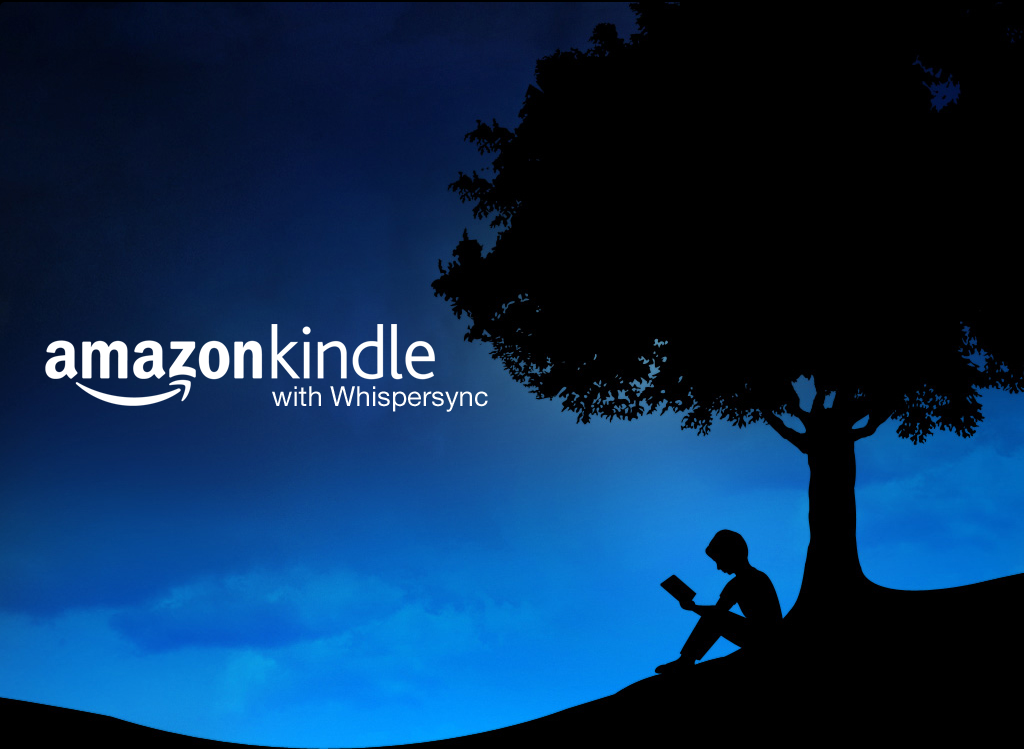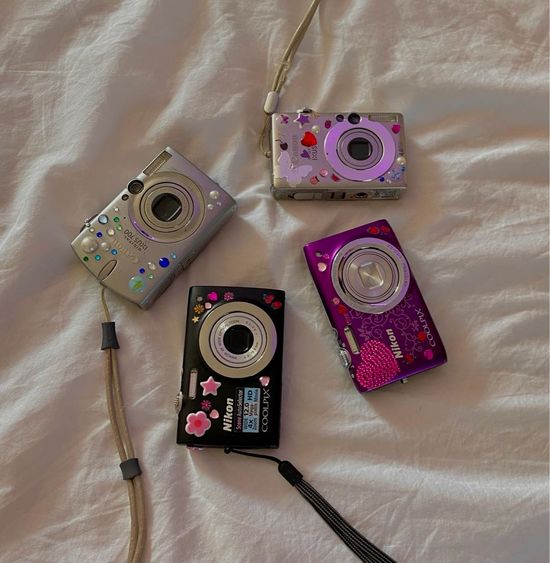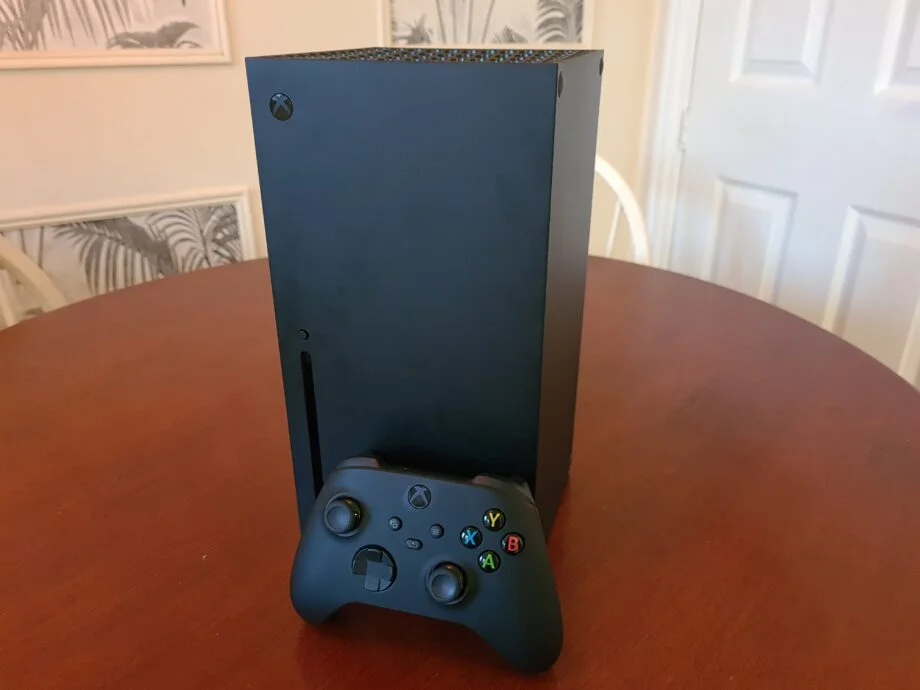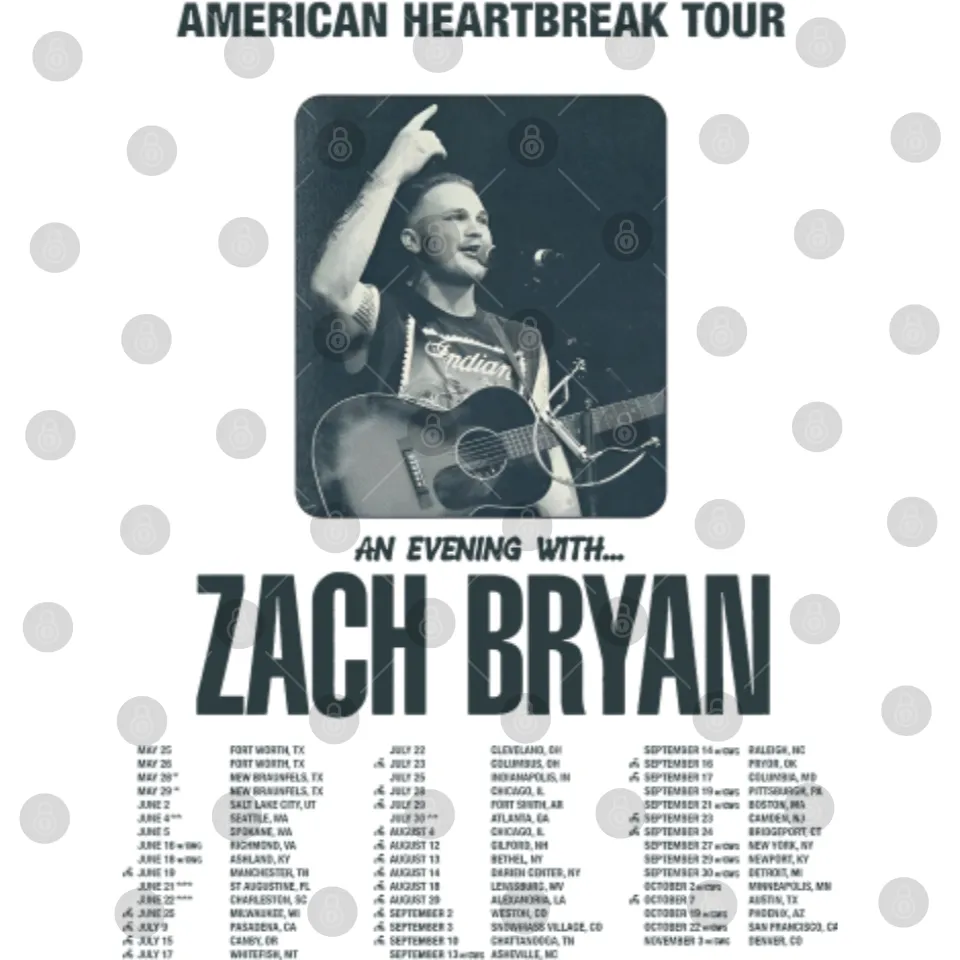In the magical world of e-books, there exists one reading app that stands atop all the rest, and that is Kindle by Amazon. The user of the app can choose from a plethora of books to buy, and once the user finds a book they’re interested in, they can simply tap the buy button, and if their Amazon account has a credit card on it, it simply buys the book; the book appears in the user’s library. The target audience for the Kindle app is people who enjoy reading a lot of books, providing them with an alternative to physical books, which, depending on the book, can be extremely bulky and heavy—and especially painful if one were to drop it on their face. This is where Kindle comes in.
Kindle is an app that started with the release of the Kindle (the device), so the app was made for people who didn’t have the device and only had a phone instead. The Kindle app is made to be used for reading; the user need only choose a book from the multitude of genres Amazon has and then buy it. Furthermore, another feature that Kindle offers is book recommendations, which are based on the books that the user has purchased and/or read. This allows the user to find books similar to the ones they were reading for some more reading.
The two types of people who would benefit from the Kindle app are those who are looking to get into reading but don’t know where to start, and those who are already readers. The Kindle app would benefit both parties because of its user-friendly interface and its overall simplified features. For those who are already readers, there may come a time when carrying books everywhere may get tiring, especially if they’re long fantasy books. Thus e-books alleviate not only the stress of having to carry books—but also the stress of forgetting books. Additionally, the cost of e-books in comparison to physical paperbacks or hardcovers is less expensive, making it much easier on any reader’s wallet.
One app to rule them all… In comparison to the Kindle app, only one app truly competes in the e-book market with them, and that is Nook by Barnes & Noble. Kindle is leagues better than Nook, as Nook doesn’t have as many books as Kindle does, which is a restriction of Barnes & Noble as a company. To add to that, Kindle has many exclusive books as part of a membership appropriately named Kindle Unlimited, which allows you to read these exclusive books for free and even others for free. This is where the only downside comes in, which is the quality of the Kindle Unlimited books, or more precisely, the varying quality of said books. Still, in all points, Kindle beats Nook—there’s barely any competition at all when comparing the two—what with Kindle’s expansive library, amazing membership, and user-friendly interface. Truly, Kindle is the one reading app to rule them all. Let’s hope that any device with this app, however, doesn’t get thrown into a volcano to save the world from an ancient evil, as that would be a travesty.
The Kindle app is an app for any reader or anybody who wants to enjoy reading without a physical book. Kindle offers an extremely easy and streamline way of purchasing e-books, and the app overall, as a whole, is excellently developed. Although the varying quality of Kindle Unlimited books can sometimes be astronomical, Kindle still stands as a goliath over all other apps. The Kindle app can be installed from the App Store or Google Play, depending on your phone’s operating system.










